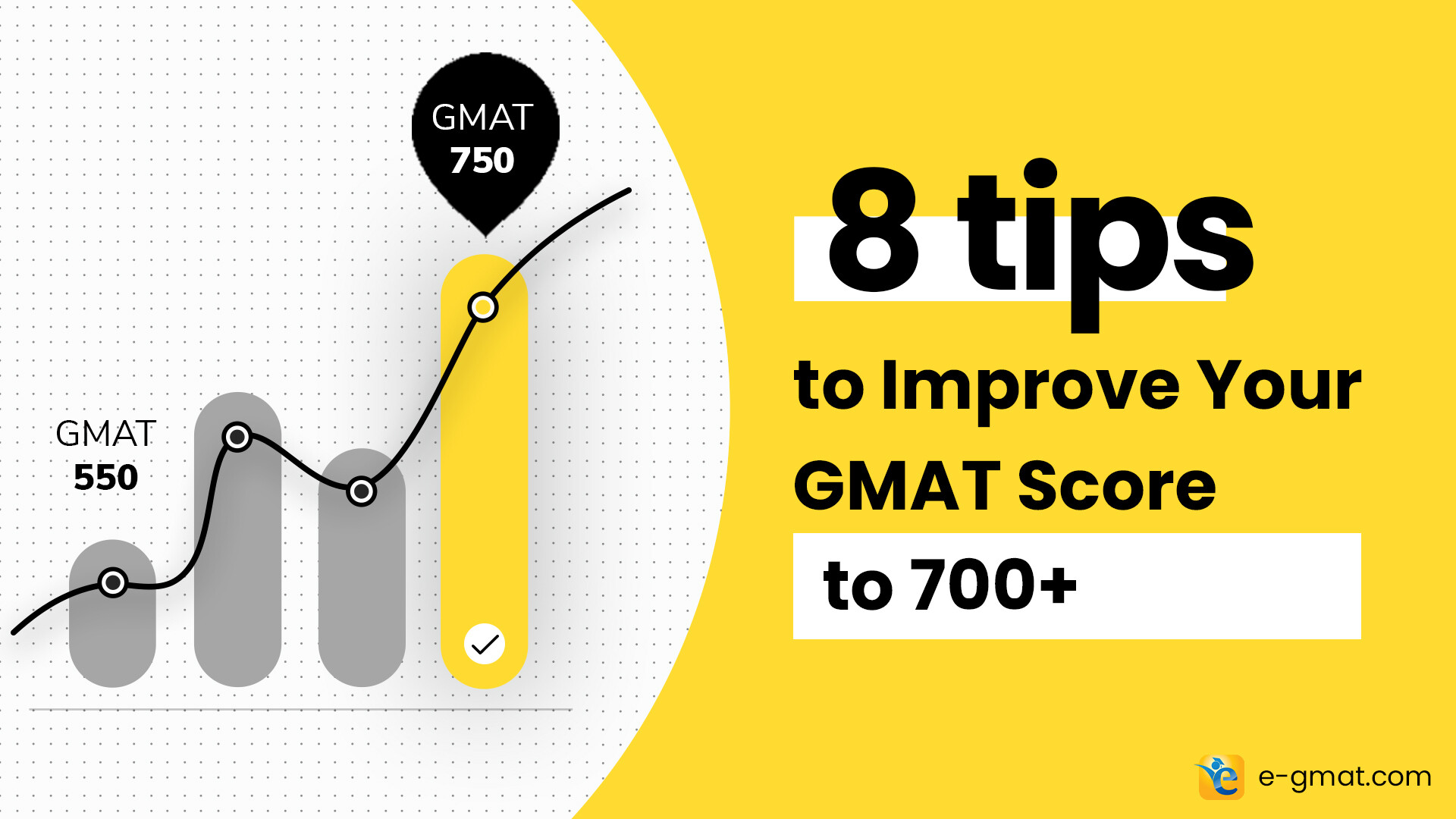In this article, Prashant Tibrewal, Founder, AdmitSquare Consulting, evaluates the pros and cons of the GMAT waiver in the MBA Application Process

What changed after Covid-19?
In the wake of the COVID-19 pandemic, a few universities around the world have relaxed their standardized testing requirements for the 2020 and 2021 intakes.
This has meant that candidates are now applying to global universities in hopes of securing a coveted admission without appearing for the previously mandatory GMAT and welcome the convenience of skipping the test requirement as they apply to these MBA programs.
GMAT is an opportunity to showcase excellence
This is understandably an easier path to opt for – one battle less to fight and the prospect of a walkover. However, for an MBA applicant, the GMAT is more of an opportunity than an appraisal – an opportunity to showcase ratified excellence.
To consider the GMAT a qualifier, rather than an enabler, would be a mistake. On an MBA application, each component reflects an attribute that is mutually exclusive of the others and is intended to consolidate a holistic and comprehensive capability spectrum of the candidate.
While the GPA may illustrate academic consistency, it is the GMAT score that underlines existing levels of mathematical and analytical ability, language proficiency, logical reasoning acumen and composite academic potential.
For candidates who cannot present a strong academic background (read top undergrad college, with a high GPA), the GMAT score becomes all the more important to ensure that the university is convinced about the ability to meet the academic rigor of the program.
The GMAT exam was conceived specifically to measure the correlation of a candidate’s test score to the academic performance during the management program. It is an irreplaceable tool for the admission committee.
Moreover, it enables schools to compare a candidate to other applicants, using an objective and precise tool to aid the shortlisting.
Unlike grades or work experience or other components of the application that are difficult to assess objectively, given the diverse academic and professional backgrounds of applicants, the GMAT score is the most equitable component of a business school application, allowing the admissions committees to draw a fair level of comparison across board.
What do admissions officers say?
Imran Kanga, Director of Recruitment and Admissions, Full-time MBA, at the Rotman School of Management, has a pragmatic take on the GMAT, “The GMAT continues to be an important part of the overall assessment at Rotman. Our data shows that there is a strong correlation between the GMAT test score and performance in the MBA program, which in turn, is correlated to positive employment outcomes, historically.”
Upon being asked if the absence of the test score would impact an applicant’s employment opportunities post MBA, he says, “I wouldn’t be able to answer this question because all our students have test scores, but arguably students who are targeting management consulting roles might get affected as top consulting firms do often place importance on a student’s GMAT score and GPA.”
Similar views were echoed by Rodrigo Malta, Managing Director, MBA Recruiting & Admissions, McCombs School of Business, UT Austin. “At Texas McCombs, standardized tests are important for two key reasons: they help us to evaluate a candidate’s academic preparedness for the rigor of business school and they can show the admissions committee someone’s commitment to the competitive business school application process, and how applicants may approach academic challenges, as a student. Further, if the applicant’s post-MBA career goal is to work in management consulting or investment banking, employers in these industries may ask individuals to provide their GMAT score when applying for internships or full-time positions. If an applicant qualifies for a test waiver and is considering pursuing post-MBA jobs in these industries, it is important they are aware of this before enrolling because they may end up having to take the exam to apply for some of these roles.”, Rodrigo explains.
The reason a GMAT score is perceived as exclusive is the format. Due to its precise testing methodology, structured sections, and comprehensive score normalization procedure; it becomes a microcosm of rigorous, undergraduate, academic performance.
To be able to succeed at such a level requires commitment, practice, time management, intellectual curiosity, and creativity; traits that assure a commendable score on the GMAT. For the same reason, the GMAT score can compensate for indifferent undergrad grades.
When pitted against an accomplished and competitive pool of applicants to almost all top business schools, a high GMAT score represents a clear advantage over the competition.
How GMAT score helped Kartikeya secure a consulting job?
It is interesting that a high GMAT score has helped candidates succeed not just post MBA, but even before their MBA starts.
Kartikeya Pradhan, an incoming MBA candidate at INSEAD, shares his first-hand experience, “I was forced to defer my admission due to the worsening of the Coronavirus situation in Europe. During this time, I decided to seek an interim job that could give me enriching business exposure. I was immensely served by the fact that I had a high score on the GMAT, which had already got me into INSEAD with a generous scholarship and now helped me approach a Tier-1 management consulting firm and land a great role. I believe that amongst a myriad of candidates, my GMAT score proved to be a key differentiator.”
With the GMAT being subjected to an incessant process of fine-tuning, it remains utterly relevant to the academic refinement of the most modern, updated management programs in the world. An evaluation that incorporates both the GMAT score and the GPA of the candidate will constitute a potent and matchless assessment of the candidate.
GMAT is important
The enduring reality is that a competency marker of proven validity and precision, such as the GMAT, will preserve its unassailable credibility both during and post the master’s journey of a candidate. The corollary is that it will remain a standard for tested excellence, and an individual who can present an appreciable performance through the GMAT will not risk being underestimated.
About the Author

Prashant Tibrewal is an ESSEC Business School alum and an MIT Sloan Fellows MBA candidate. He is the founder of AdmitSquare Consulting and has mentored 1000+ MBA aspirants to secure an admit to top global universities such as Harvard, Stanford, MIT, INSEAD, Oxford, HEC, ISB, etc. The recently launched AdmitSquare Global MBA Ranking for Indian Applicants gives a significant weightage to the mean GMAT score of the ranked programs. Prashant also served on the Board of the Association of International Graduate Admissions Consultants (AIGAC) and co-chaired the AIGAC Conference 2020, attended by admissions officers from 25+ top-ranked MBA programs.
If you are planning to take the GMAT, we can help you with a personalized study plan and give you access to quality online content to prepare. Write to us at acethegmat@e-gmat.com. We are the most reviewed GMAT prep company on GMAT club with more than 2200 reviews and are the only prep company that has delivered more than 700+ scores than any other GMAT club partner. Why don’t you take a free trial and judge for yourself?














